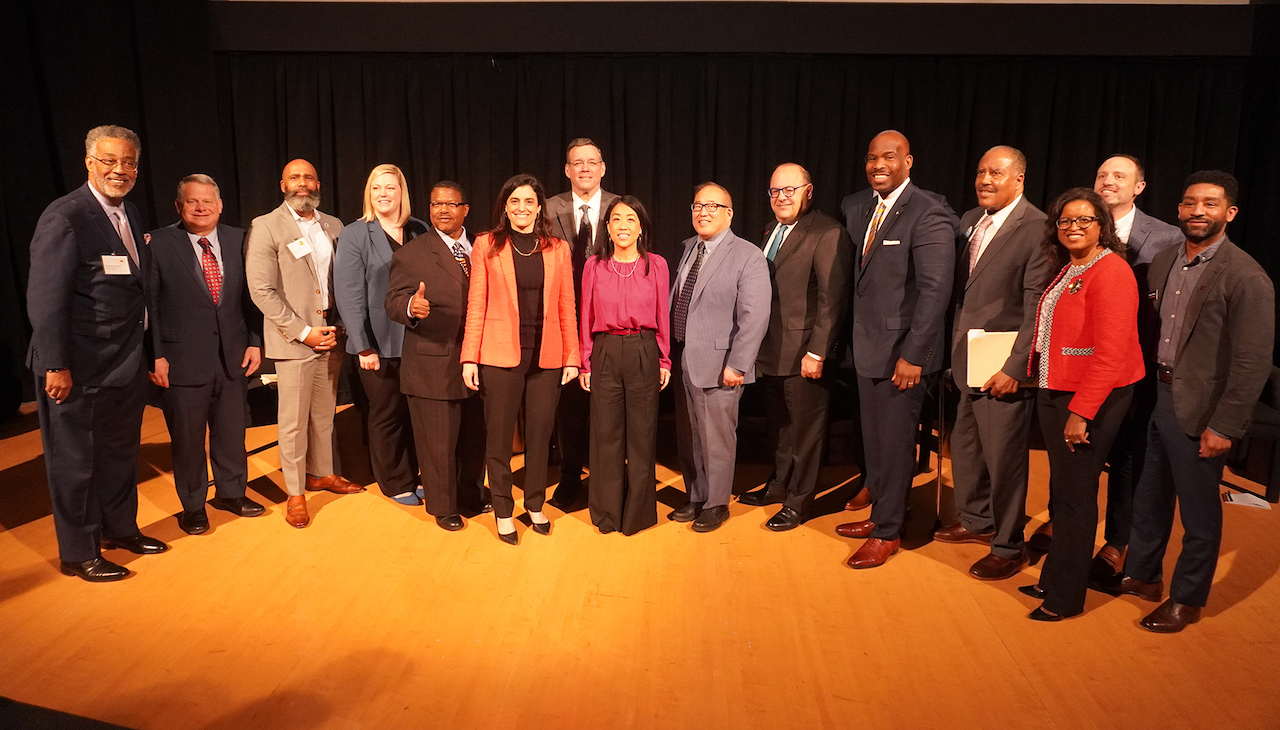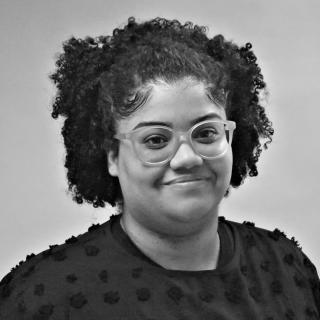
What do the mayoral candidates think about education in Philly?
At the 2023 Philadelphia Mayoral Forum on Education, candidates discussed the role and vision of the mayor's position on education.
On Tuesday, five leading Education Nonprofits: Campus Philly, Education Works, Graduate Philadelphia, The Philadelphia College Prep Roundtable, and the Philadelphia Education Fund, hosted the 2023 Philadelphia Mayoral Forum on Education at The Franklin Institute to discuss the role and vision of the mayor’s position in education in Philadelphia.
The forum moderators were Farah Jimenez, President and CEO of the Philadelphia Education Fund, and Miles Wilson, President and CEO of Education Works. Also, eight mayoral candidates: James DeLeon, Allan Domb, Derek Green, Helen Gym, David Oh, Rebecca Rhynhart, Warren Bloom, and Jeff Brown, were in attendance.
Jimenez posed the first three questions for the mayoral candidates to select which one they would prefer to answer:
- As mayor, since you have the ability to influence resources that invest in workforce development and college access, how would you strike the balance between those two?
- How would you, as mayor, leverage the Mayor’s Office of Education to advance your aims around education in Philadelphia?
- What’s the right way to fund public education in Philadelphia, recognizing that we don’t control what happens in the State House but really looking for a narrow response around what the city can do specifically?
Warren Bloom chose question three since it provides more of a general funding inquiry, to which he mentioned that a “mayor’s job is to administrate, delegate and create policy. I have sources of funding that will definitely work and meet the needs of the citizen.” Although this may be true, Bloom did not elaborate on how to strike a balance beyond delegation.
Rebecca Rhynhart, the former City Controller, said she would focus on deploying resources and appointing a school board that “shares my vision for a kid-centered approach to improving good seats in our school system, both traditional public and charter,” adding that resources go to high-need areas like those affected by violence; a sentiment echoed by Helen Gym, who wants to ensure quality education and trauma support is available to all students, especially those impacted by violence.
“I want to make sure that at the mayor’s office, I’m dedicated not only to the quality of schooling inside the classroom, but a mayor who looks at the afterschool time on weekends, summer camps, and summer jobs,” Gym said.
Answering the first question posed by Farah, Jeff Brown commented, “We are not realistic about our circumstances and the young people’s desires, and I think if you look at it, more than 75% of our young people don’t plan to go to college,” and that young people’s education has not been prioritized citing long waiting lists to attend high-performing schools and lottery systems, which he notes “it’s a sign that we are not adjusting what we do to serve our young people.”
The former Councilman, David Oh, directed his attention to the precedent underfunded and underserved schools convey to students, noting that “too many schools are not adequate; they don’t have the level of equity of resources, curriculum, and teaching and learning that is required by the law, and by the Constitution. This is not something new this has existed in our city for some decades, if not beyond that.”
Speaking from experience as a working student-athlete, Allan Domb, former Councilman, assured that the key to success is knowledge and work ethic, which he will appoint a “school board of nine members who represent parents decisions on where they want to send their kids to school.” Important to realize that public safety remains a huge problem among students. Domb said, “20% to 30% of kids are afraid to even go to school. Some kids bring guns to school because they’re afraid of their own public safety.” Although not excusable, it continues to echo the importance of trauma support in schools.
RELATED CONTENT
Wilson posed three additional questions:
- Please define success in an invigorated out-of-school time system after your first term.
- City departments running recreation centers, libraries, and out-of-school time systems, rarely coordinate amongst themselves, much less with partners. As a result, access to quality recreational and enriching programs for children are uneven across the City of Philadelphia. Speak to your administration strategy to improve coordination and access in that regard.
- Currently most of our school time providers are funded via state-allocated prevention dollars. Does your current education strategy include funding directly from the city budget? Why? Why not?
Responding to Wilson’s second question, DeLeon assured his Local Incident Management System (LIMS) would address inactivity and “would allow the city government to combat lack of coordination by allowing the necessary responders to act more effectively and efficiently together to manage the root causes of lack of coordination.” Similarly, Green references his public safety plan to reduce shootings by 25% or more through presence, accountability, opportunity, and investment.
Green added, “What we are going to do as [an] administration is use some of the best practices that other administrations have had, especially reference to coordination….so it’s not about safety, but it’s about enrichment and brings back some of the programs that I know I heard about and also was involved in when I was a young person.”

This content is a part of Every Voice, Every Vote, a collaborative project managed by The Lenfest Institute for Journalism. Lead support is provided by the William Penn Foundation with additional funding from The Lenfest Institute, Peter and Judy Leone, the John S. and James L. Knight Foundation, Harriet and Larry Weiss, and the Wyncote Foundation, among others. To learn more about the project and view a full list of supporters, visit www.every voice-every vote.org. Editorial content is created independently of the project’s donors.











LEAVE A COMMENT:
Join the discussion! Leave a comment.